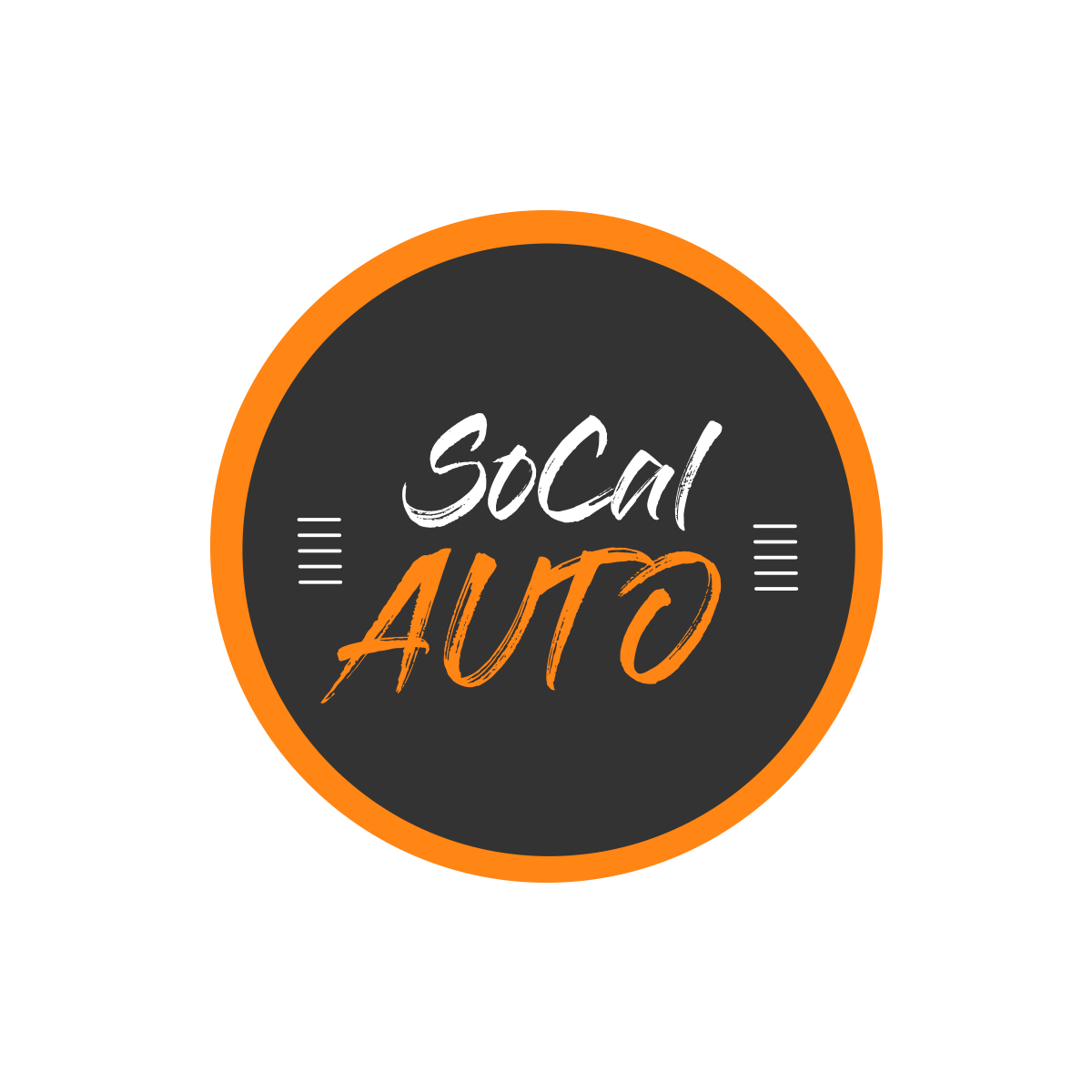Transmission
The transmission is highly technical and important to the operation of your car's power from engine to the wheels. A manual transmission uses gear to gear design, while automatic transmissions have clutch packs. Trained skills are required to work on a transmission of any type.
SoCal Auto has expert knowledge in Transmission and Drivetrain repair.
Maintaining A Good Transmission
Importance of your transmission
A transmission keeps the engine’s output optimally matched to the speed and load conditions. The torque converter, connected to the automatic transmission/transaxle input shaft, connects, multiplies and interrupts the flow of engine torque into the transmission. Universal and/or Constant Velocity (CV) joints connect to the driveshaft to transmit output power from the transmission to the rear axle on rear-wheel-drive cars and the front axle on front-wheel-drive cars. These joints also allow the driveshaft and/or CV shaft to work at an angle. The several different types of automatic transmission fluid serve multiple purposes: cleans, cools, lubricates, transmits force, transmits pressure, inhibits varnish buildup and continually protects the transmission.
Our technicians can change your car's transmission fluid and repair parts such as the torque converters, clutches, C/V axles, slave cylinders, propeller shafts, transfer cases, drive axles, transmission mounts, bearings, u-joints, or seals and gaskets. There are some cases in which replacing the transmission is a better option that rebuilding it. Stop by our shop to get an expert opinion from on of our technicians.
Signs your transmission may need maintenance
- Slipping gears
- Hesitating engagement in drive or reverse
- Bucking feeling
- Grinding gears
- Difficulty shifting
- Unusually loud noises
- Check engine light is flashing
Drivetrain
The energy that is carried from your engine and used to deliver force to your car's wheels is created by the drivetrain. It needs to stay properly lubricated for ideal performance. The drivetrain should be repaired as soon at the first sign of trouble, and should be maintained according to manufacturer's recommendation.
Your Drivetrain should be inspected if you experience any of the following symptoms:
- Difficulty turning or parking your vehicle
- A low squeaking sound that gets louder when decelerating
- Vibration when moving or idling












